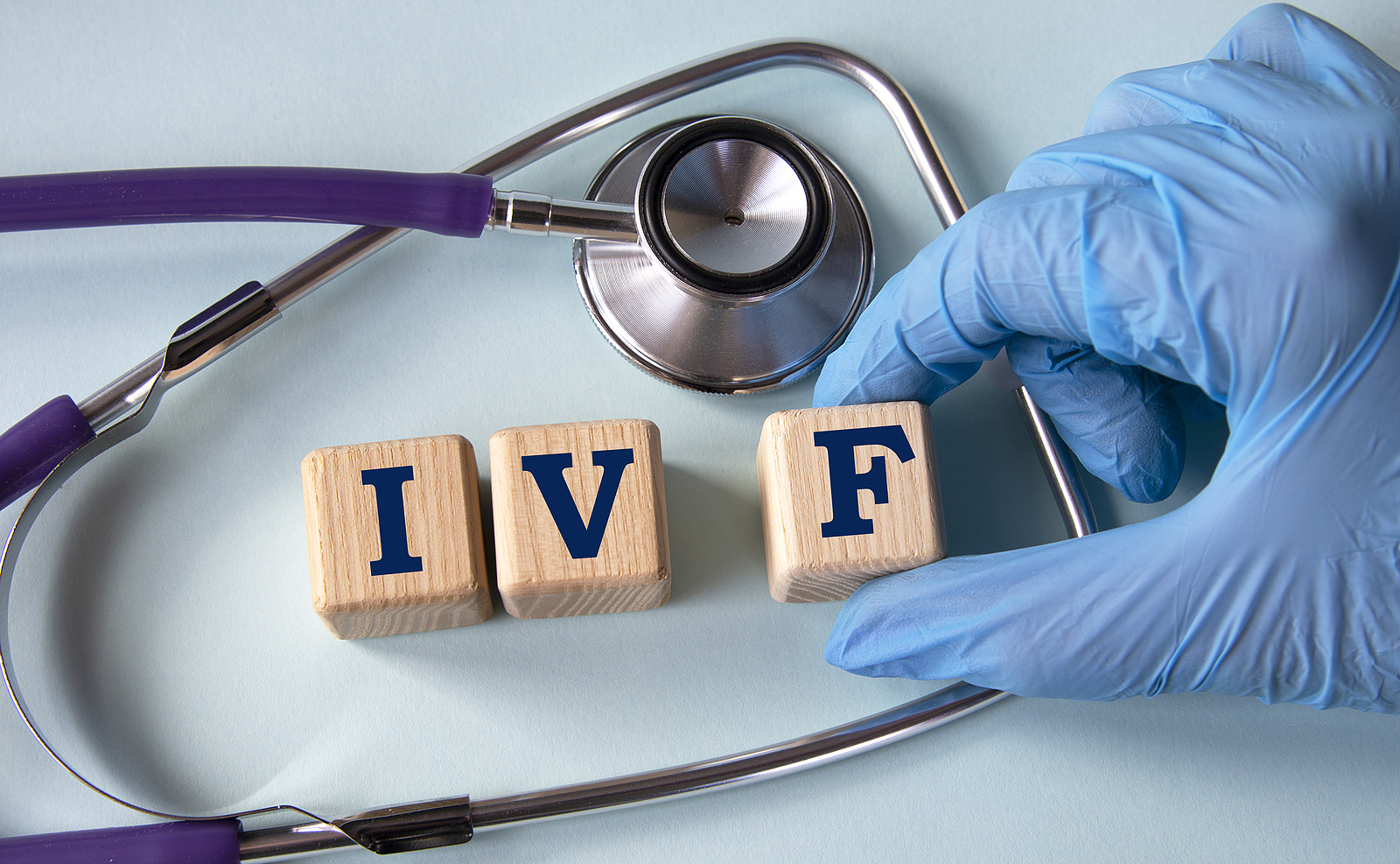
Should slavery be invoked in debates about embryos?
A Virginia judge has referred to an 1849 statute about ownership of slaves in his deliberations about the fate of frozen embryos.
Fairfax County Circuit Court Richard Gardiner issued a preliminary opinion about frozen embryos created by Honeyhline Heidemann, and Jason Heidemann in 2015. The couple separated in 2017, leaving the embryos stored in an IVF clinic.
In 2019, Honeyhline requested Jason’s consent to implant the embryos because she was 45 and infertile after cancer treatment. He refused – his lawyer later argued that this would violate his “procreational autonomy”. Honeyhline argued that the embryos were “goods and chattels” and could be awarded to her or divided between them. Jason countered that embryos did not have a market value and were therefore not “goods and chattels”.
Further representations by Honeyhline’s lawyers, however, swung the judge around to her position. It turns out that the relevant statute dealing with “goods and chattels” had a long history. In 1819 and in 1849, it referred to slaves as “goods and chattels”. The Code of 1849 stated:
When an equal division of slaves, goods or chattels cannot be made in kind among those entitled, a court of equity may direct the sale of the same, and the distribution of the proceeds according to the rights of the parties.
This is a controversial gambit. If slaves, who were human beings, could be treated as “goods and chattels”, why not embryos?
This has upset a number of people. On the pro-life side, the analogy with slavery was apt: embryos are being treated as property. Susan Crockin, a lawyer and scholar at Georgetown University’s Kennedy Institute of Ethics, said that: “It’s repulsive and it’s morally repugnant.” Solomon Ashby, president of the Old Dominion Bar Association, a professional organization made up primarily of African American lawyers, told AP: “I would like to think that the bench and the bar would be seeking more modern precedent.” This was a toxic “apotheosis of originalism”, according to a legal blogger.
